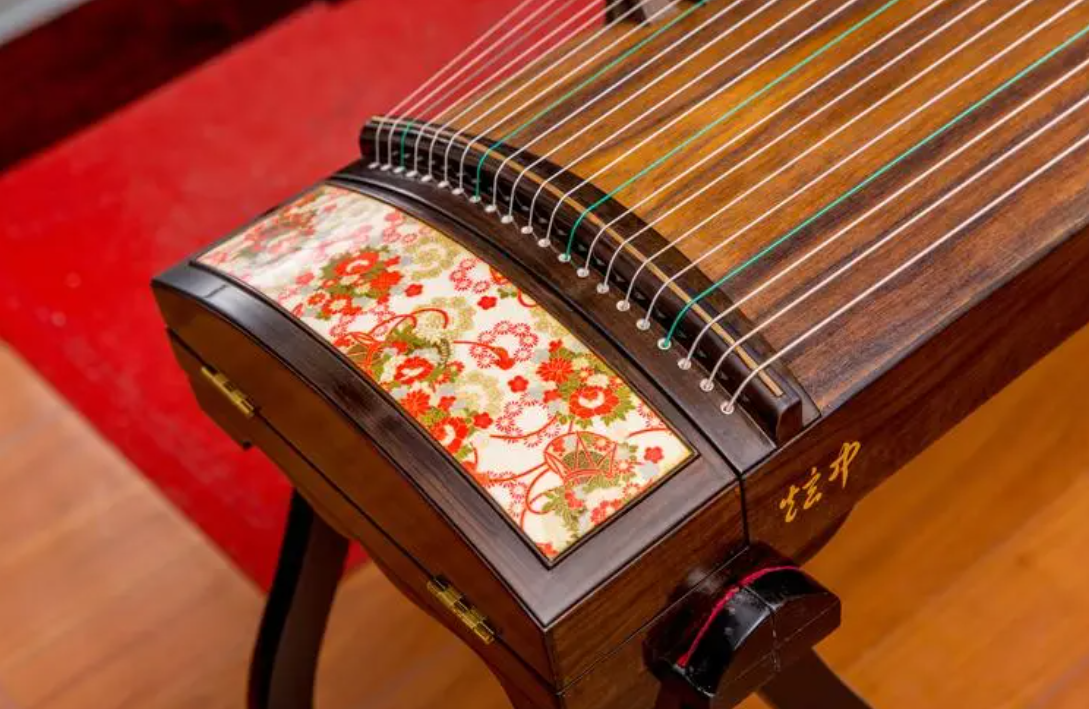Are you playing the piano with your eyes? This approach is wrong!
First of all, the most likely problem in the learning of guzheng is "playing the zither by the eyes". For example, we will find that some children do not always stare at the sheet music when they play the piano, but have the following problems:
(1) "Look at the score, play a few notes, and frequently alternate between the eyes and the score and fingers"
(2) "Just don't read the score"
(3) "The speed of learning new scores is relatively slow"
(4) "There are many wrong notes, and the wrong notes cannot be automatically corrected".
If your child has such a situation, then parents and friends should be very careful, because if the practice goes on like this, the progress of the child's piano learning will become slower and slower.

Guzheng learning mainly depends on two points:
One is the sensitivity of the ear to the level and length of music,
The second is the flexibility of fingers and the training of playing skills.
In the process of playing, the reason why we can fluently and independently learn new music scores and consciously correct wrong sounds is the accurate judgment of our ears on the sounds we hear.
For example, the correct playing process is: when a child sees the "5" note in the sheet music, the name "sol" should be reflected in his mind, and at the same time, according to the fingering on the sheet music, the fingers will make corresponding actions and touch the corresponding strings.
When the fingers are wrong, our ears will respond very quickly, and cooperate with the eyes (to see if the fingers are placed in the wrong position) and the finger movements to form self-correction. The wrong playing is to use only the "eyes" to supervise the whole process of playing, including all the movements of the left and right hands. Just imagine, if in the future, when a child learns a piece of music with more complicated movements of his hands, how can he "see" with his eyes alone? The progress of learning will naturally slow down.
 渝公网安备 50010702504639号
渝公网安备 50010702504639号